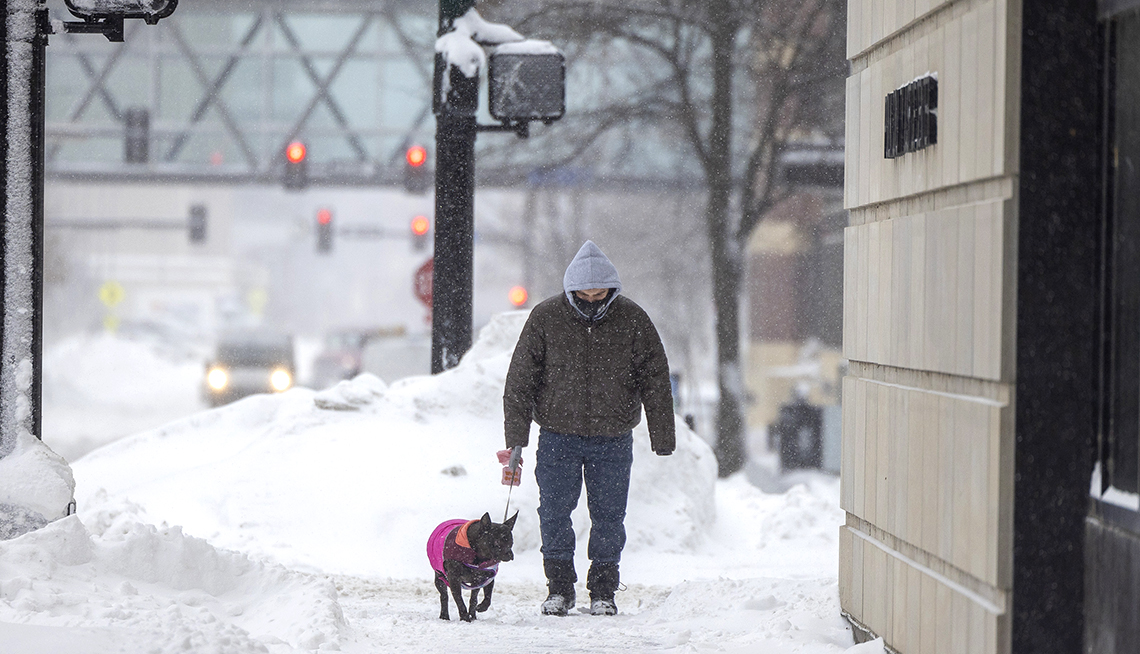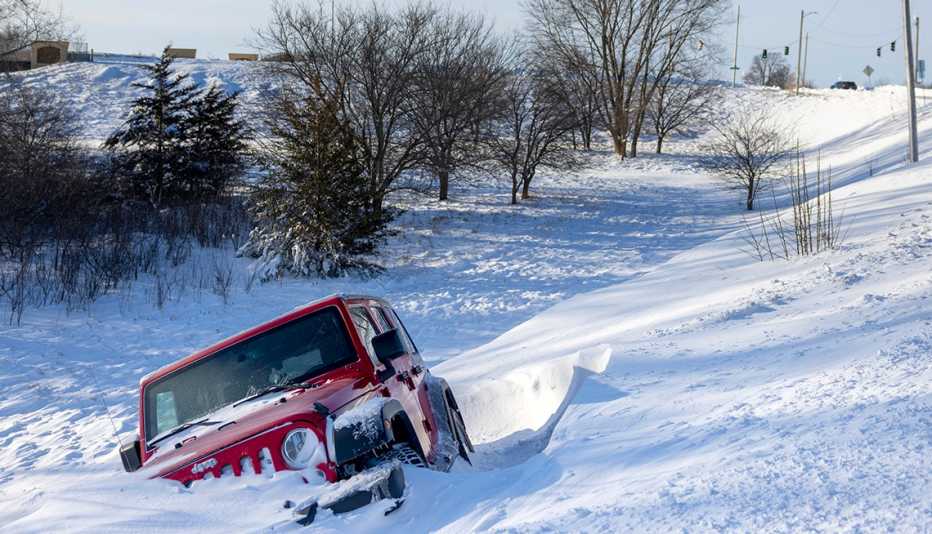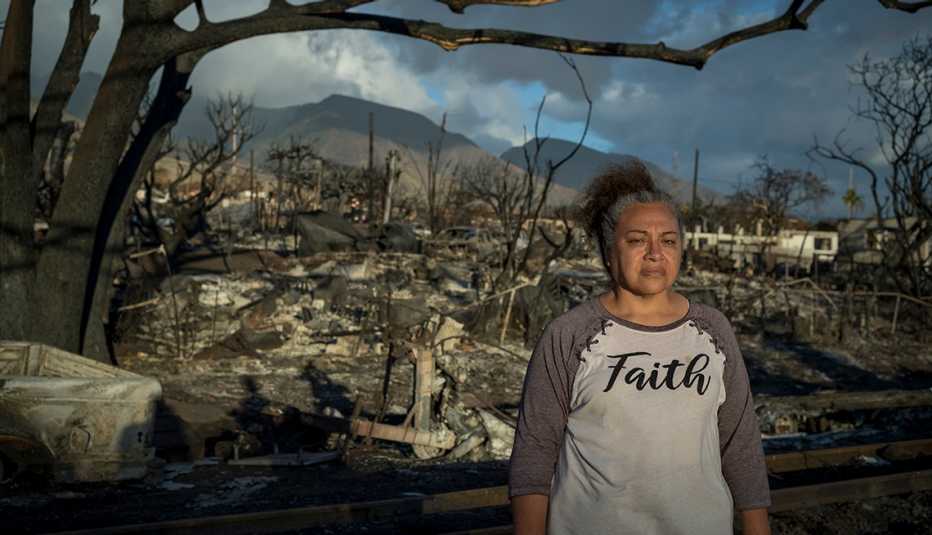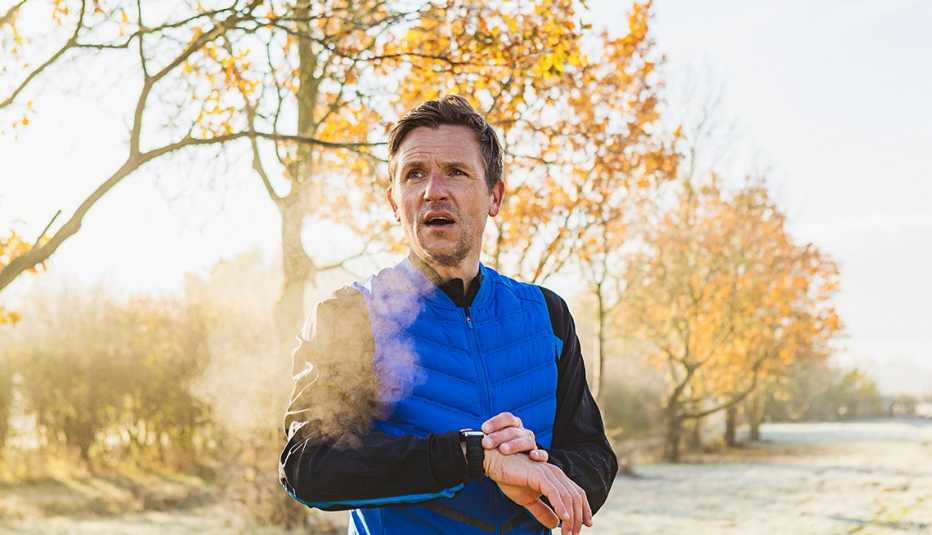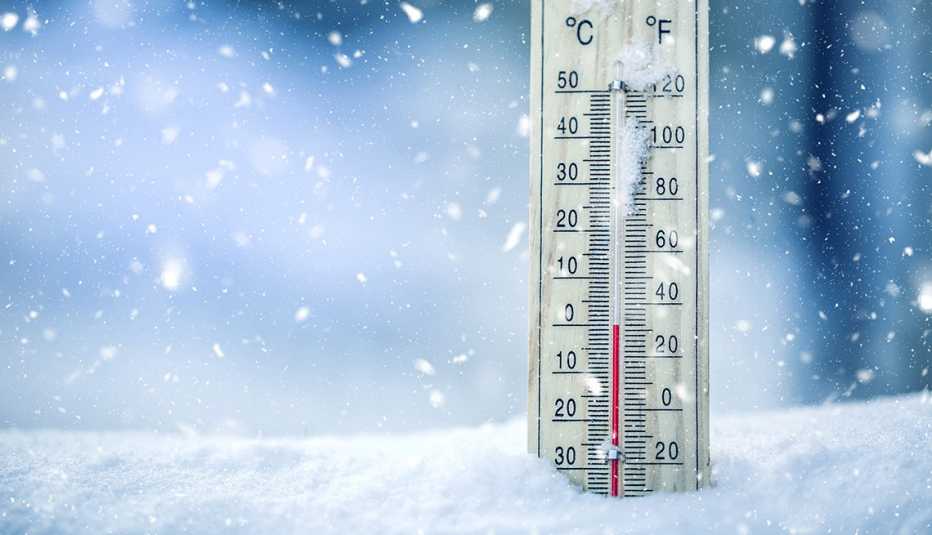Staying Fit
Winter can bring arctic blasts, snowstorms, ice and sleet. And more often these days, areas of the country unaccustomed to that type of severe weather are experiencing just that.
During those weather events, many may lose power, and therefore heat, which can lead to medical emergencies such as frostbite and hypothermia.


AARP Membership— $12 for your first year when you sign up for Automatic Renewal
Get instant access to members-only products and hundreds of discounts, a free second membership, and a subscription to AARP the Magazine.
Older people are especially vulnerable when temperatures drop because they have less efficient circulation. They may have medical conditions (such as thyroid problems or diabetes) and take medications (such as beta-blockers) that can raise their risk of health problems, including injuries, in the cold, says Matthew Levy, D.O., associate professor of emergency medicine at the Johns Hopkins University School of Medicine. “Bone density decreases, which could put someone at risk for injuries from falls, and blood pressure medicine may not allow your heart rate to increase as needed” when shoveling snow.
Medical emergencies caused by cold
Hypothermia. This occurs when one’s body temperature, normally around 98.6°F, sinks below 95°F — a medical emergency that can cause cardiac arrest and death, as the cold causes arteries and blood vessels to narrow, which limits the amount of oxygen flowing to the heart. The temperature doesn’t need to be below freezing to cause this condition, but just cold enough to lower body heat by a few degrees. Warning signs include shivering, confusion, shallow breathing and drowsiness.
How to treat it: Call an ambulance immediately. While you wait, keep the person warm and dry, using blankets or anything you have on hand. If the person is able to drink, give him or her a warm beverage without alcohol.
Frostbite. As blood flow is focused away from fingers and toes to keep up core body temperature, the extremities suffer — fingers, toes, nose and ears. The skin starts to tingle (an early stage called frostnip), then feel numb, and may look grayish or white. In extreme cases, it can turn black as skin dies. Because frostbite begins with numbness, Factora says, it’s a good idea to check your fingers and toes when you are able to do so safely. It can become excruciatingly painful.
How to treat it: Warm water immersion is a standard treatment. If the skin is waxy and pale, however, “you want to avoid partially rewarming and having it refreeze,” Levy says. If possible, first get the person where he or she can stay warm.
Another issue is a decrease in muscle mass, says Ronan Factora, M.D., a geriatric medicine specialist at the Cleveland Clinic in Ohio. Normal muscle “is what twitches and creates heat when we shiver.” Because we have less muscle when we’re older, we’re less able to generate that vital heat, Factora says.
How to protect yourself in frigid temperatures
Pile on the layers. If you have no heat in your home, gather all blankets, coats, sleeping bags — anything that will allow you to maintain your body temperature — and bundle up. If your car is in a garage and you can’t open the garage door, don’t run the vehicle’s heater to get warm or charge devices.
Be careful with candles. If possible, use a flashlight as a light source instead of candles, which are a fire hazard.



























































